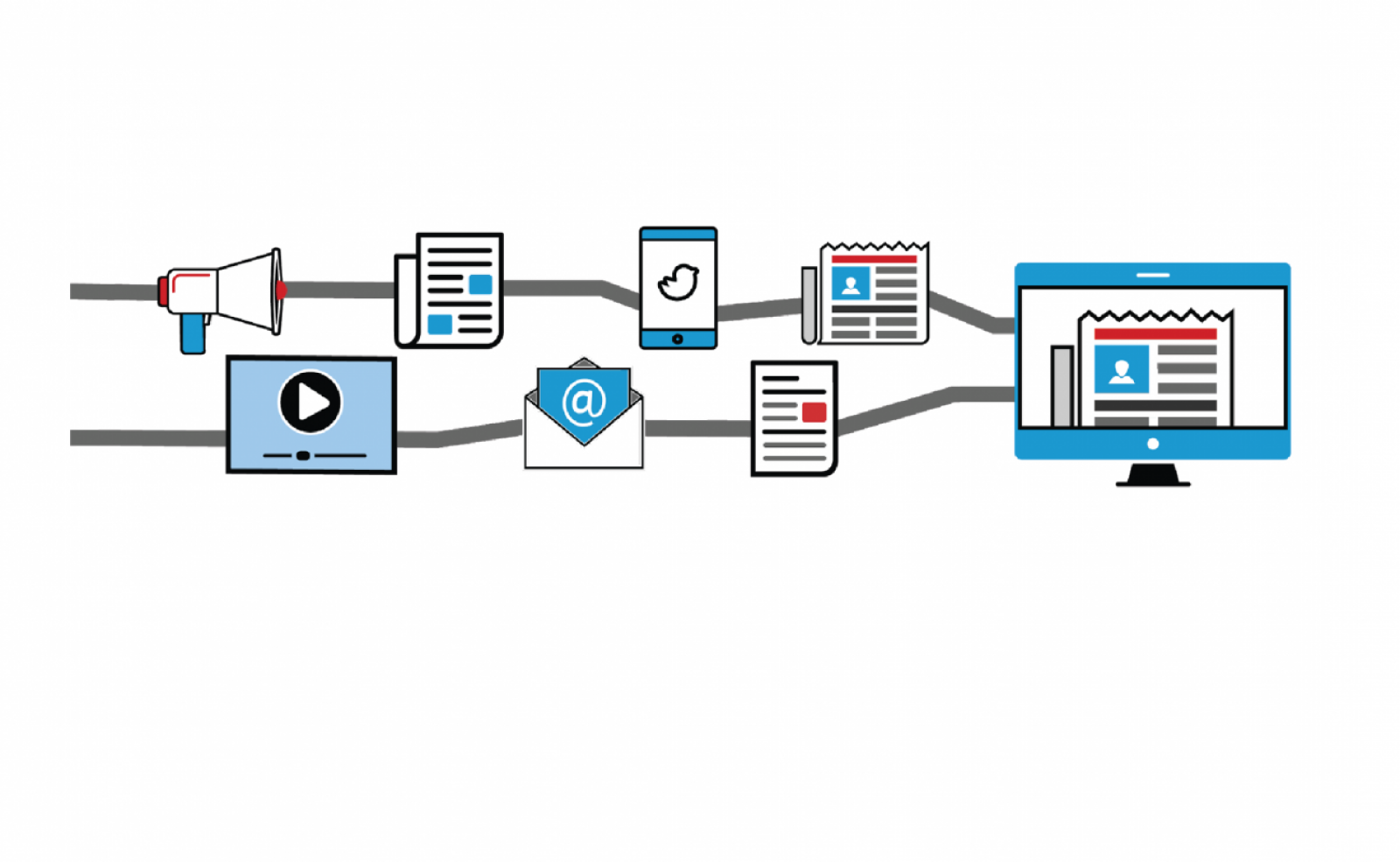
Democratic elections rely on a competitive process, faith in electoral institutions and informed participation. International standards for democratic elections assure the right of citizens to seek and receive accurate information regarding elections and level playing fields for political contests to vie for office. However, the deployment of false, exaggerated or contradictory information in the electoral environment has been a successful tool in undermining these principles around the world. Online disinformation can amplify voter confusion, reduce turnout, galvanize social cleavages, suppress political participation of women and other marginalized populations, and degrade trust in democratic institutions. While anti-democratic disinformation campaigns are not new, modernized information technology has changed their potential scope and scale. News sharing online and via social media can disseminate information at speeds, distances, and volumes unprecedented in electoral cycles of the past. Meanwhile, online political advertisements bring a new dimension to campaigns and additional challenges to election transparency and accountability. To adapt to the lack of clear and consistent regulations and policies governing online campaigning, citizen groups need to use new and adaptive methodologies to monitor online political discourse and financing.
Guidance Document on Election Integrity & Disinformation
The spread and prevalence of misinformation can pervert the will of voters, entrench authoritarians, and undermine confidence in democratic systems more broadly. This guidance document outlines NDI's programmatic approaches to addressing the threat of disinformation during elections. It focuses on the actions citizen election observers and international observers can take to mitigate, expose, and counter disinformation. It also stresses the importance of using open election data to deter disinformation and conduct advocacy around norms and standards to counter disinformation.
AI & Election Integrity
Credible elections are underpinned by transparency, accountability and trust. However, anti-democratic actors are increasingly engaging in information manipulation to obfuscate credible sources for information surrounding elections, tilt the playing field for unfair advantage, and erode confidence in electoral institutions and safeguards. Amidst these efforts to undermine credible elections comes the emergence of widely available generative AI (gen AI) tools, exacerbating these concerns and complicating ongoing efforts to improve electoral integrity.
This primer for the electoral integrity community to better understand the AI landscape and distill how it intersects with electoral information, electoral content creation and dissemination, as well as a new source of electoral information. International and nonpartisan citizen observers have an important role to play at this critical moment, while the use cases and norms around gen AI and elections are still taking shape. Organizations should take every opportunity to advocate for transparency and accountability around these use cases, provide informed recommendations on gen AI in electoral assessments where relevant, and mount pressure around policies and technology that supports standards for genuine, democratic elections. Safeguarding electoral integrity in the age of gen AI should still be grounded in participation, transparency and accountability and the importance of trust in the electoral process.
Case Studies on Disinformation, Social Media, and Electoral Integrity
Over the past 15 to 20 years, the country of Georgia has faced widespread disinformation and propaganda campaigns, many of which began long before the issue came to the fore globally. The impact of these disinformation campaigns multiplied as Georgia’s rates of internet penetration doubled between 2013 and 2020. And the impacts increased, even more, when campaigns moved more online during the COVID-19 pandemic.
As voters around the world continue to get more information through digital platforms, political campaigns are moving increasingly online. Many social media platforms allow campaigns and advertisers to micro-target audiences at scale and with unprecedented specificity. That ability to target audiences can make or break a campaign. However online political ads are less transparent and more difficult to monitor than traditional media advertising. In addition, political advertising tends to be poorly regulated.
Social media monitoring projects are increasingly important to analyze the information environment surrounding an election. To gain a deeper understanding of how online narratives impact the credibility of an election requires a large team to analyze a large amount of data. Designing projects with the mental and emotional burden that reviewing hateful content can create in mind allows organizations to proactively provide resources, support and care to their monitors. These efforts undertaken by the Centre for Independent Journalism, Malaysia provide an important case study in how election monitoring organizations can improve their social media monitoring projects and contribute positively to the methodology by prioritizing monitor resilience.
Tactics, Trends & Responses to Disinformation & Elections
Other Resources
- NDI’s INFO/tegrity Initiative: NDI’s Initiative directed at providing a framework to lead and support institutional initiatives countering disinformation and other forms of online manipulation, while strengthening and ensuring the integrity of the information space.
- DemWorks podcast featuring Michelle Brown, senior advisor for elections at NDI, speaking to NDI analyst Calvin Garner about Ukraine’s recent parliamentary elections.
- Our Story- INFO/Tegrity: NDI’s Approach To Countering Disinformation
- NDI Partnerships Improve Digital Landscape In Georgia
- Countering Disinformation: A Guide to Promoting Information Integrity
- The EU’s Guide for Civil Society on Monitoring Social Media During Elections, developed by Democracy Reporting International (DRI) with support from NDI
- The Changing Landscape of Social Media Monitoring Tools